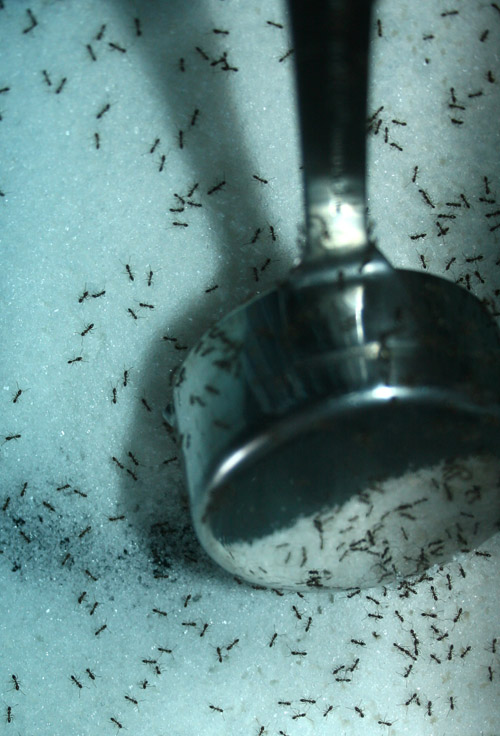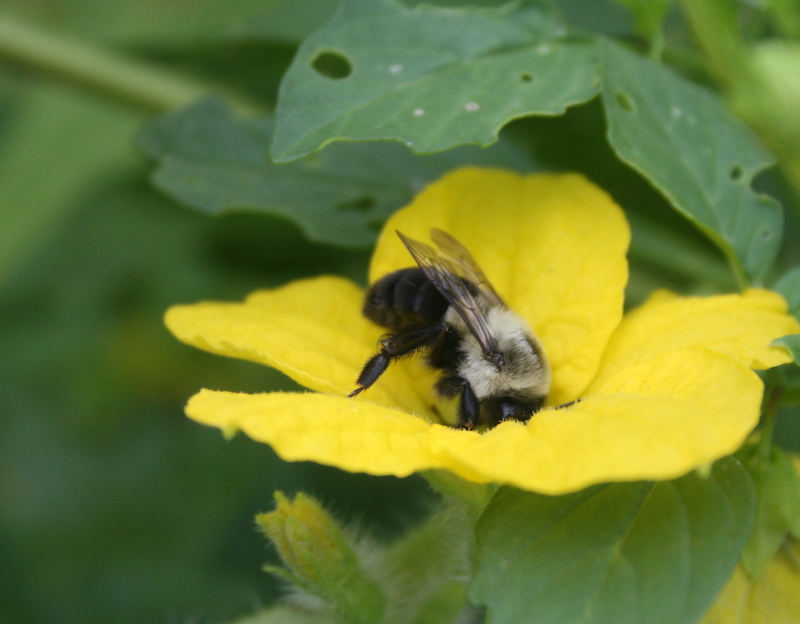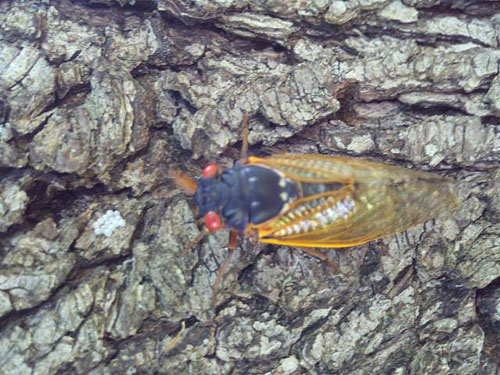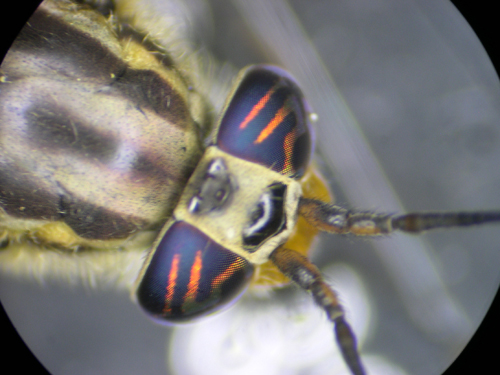Georgia’s ongoing drought could produce a mosquito baby boom, says an expert with the University of Georgia. But homeowners can protect themselves and their families.
Mosquito eggs lie dormant until immersed in water, which signals them to hatch, said Nancy Hinkle, an entomologist with the UGA College of Agricultural and Environmental Sciences. Georgia hasn’t had enough rain to flood some habitats in years. Eggs from years gone by are waiting to get soaked and hatch.
Average homeowners can’t do much to control mosquito breeding in wild areas, but they can limit the population explosions around their homes. The best way to control mosquitoes, she said, is to get rid of places where they breed.
It is crucial, she said, to empty containers of water filled by rain. They are prime breeding grounds.
“We all have rain buckets and are trying to capture and use every drop of water,” she said. “We are creating situations for breeding.”
Controlling breeding sites
Hinkle suggests walking around the yard twice a week and emptying any collected water. In Georgia’s heat, adult mosquitoes can emerge in three days.
Many over-the-counter products kill mosquito larvae but are safe for animals and plants. Standing water can be treated with larvicide and still be safely used in gardening.
Some products on the market are:
- Agnique, which has an active ingredient that forms a film on the water’s surface, smothering mosquito larvae. It can be purchased from Adapco by calling 1-800-367-0659.
- Altosid 30-Day Briquets, available online, and Zodiac Preventative Mosquito Control, sold in pet stores. They have methoprene, an insect growth regulator.
- Bactimos Briquets, Mosquito Dunks and Mosquito Bits, which contain Bti, a bacterium specific to mosquitoes.
Another biological control option is to stock standing water with gambusia, also known as mosquito fish. You can stock lily pools, ponds, ditches and watering troughs with these tiny fish. Order them online.
“These small minnows feed on mosquito larvae and reproduce, so they maintain themselves and provide ongoing suppression,” Hinkle said.
For severe mosquito infestations, consider hiring a professional pest-control company with expertise in mosquito control.
For personal protection
Mosquitoes smell carbon dioxide and lactic acid, a major component in sweat. They use these scents to locate their food – blood. Repellents form a haze around your body that confuses the insect before you can be bitten.
“Repellents have to be volatile to work, but because they are volatile you have to re-apply them,” she said.
Herbal repellents containing geraniol and picaridin are natural choices but must be re-applied after a few hours. Repellents containing DEET last longer.
When applying repellent, Hinkle said to always follow instructions on the bottle and never spray a child’s face or hands.
“Wear mosquito repellent and treat clothing with a product containing permethrin,” Hinkle said.
Clothing can be purchased that has been impregnated with permethrin. Clothing equipped with insect-shield repels mosquitoes, ticks, fleas, ants, flies, chiggers and no-see-ums. The repellent will last through dozens of washings.
Hinkle suggests wearing light-colored clothing and limiting time outdoors at dawn and dusk. Asian tiger mosquitoes, though, bite all day long.
“This species breeds only in container pots so you can control this one,” Hinkle said.
Be skeptical about what you buy to fight mosquitoes. Products aren’t always what they claim to be. Mosquito plants, for example, don’t repel mosquitoes. Garlic, herbal bracelets or ultrasonic devices don’t either, she said.








